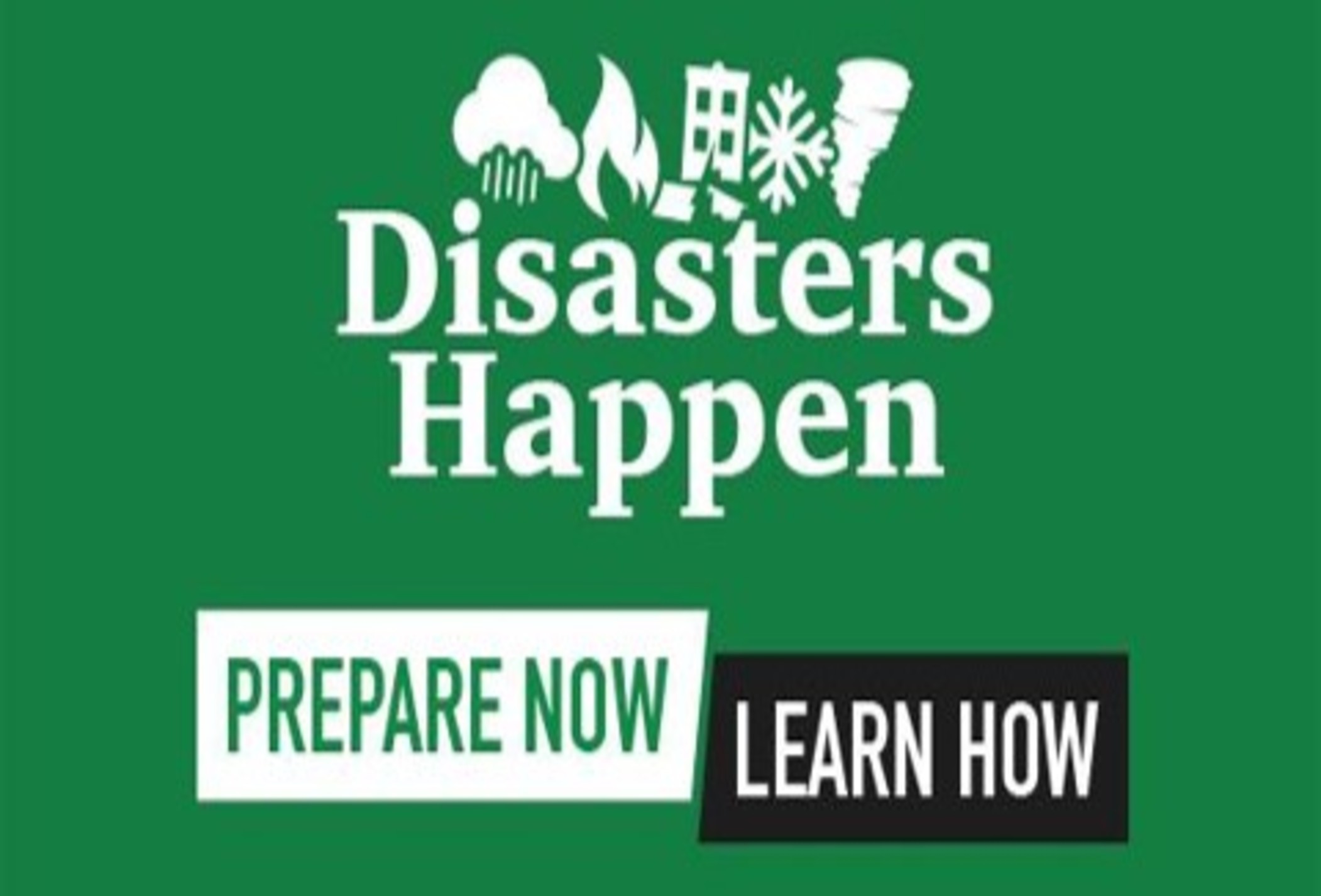Emergency Preparedness Resources: Make a Plan
Emergencies and disasters happen. The Pacific Northwest is still waiting for the "overdue" major quake along the Cascadia Subduction Zone. This guide will help you to prepare for any major emergencies and disasters.
Week 1: Make and Practice Your Plan
What to do in the first week:
- Make an Emergency Plan. You can also use this booklet from the American Red Cross that breaks down readiness preparation into on a weekly basis.
- Sign up for alerts and warnings in your area
- Learn your evacuation zone and have an evacuation plan
- In Oregon, we have to prepare for both wildfires and earthquakes. (But not tornadoes!)
Week 2: Learn Life Saving Skills
- Know basic home maintenance to protect your family and home. Learn how to mitigate your home against flood damage, or protect against the impacts of earthquakes.
- Learn how to turn off utilities like natural gas in your home.
- Put smoke alarms on every level of your home, test them monthly, and replace them when they are 10 years old.
- Know the ways to keep your home safe from cooking, heating & electrical fires.
- Take a CPR class from your local Red Cross.
Week 3: Check Your Coverage
- Insurance is the first line of defense; check your insurance coverage.
- Flood Insurance allows communities and families to recover more quickly and more fully. Visit Floodsmart.gov to learn more about flood insurance and how to protect your home or business.
- Check to see if you're eligible for earthquake insurance if you live in an earthquake zone.
Week 4: Save for an Emergency
- Plan financially for the possibility of disaster.
- Complete an Emergency Financial First Aid Kit (EFFAK)
- Maintain emergency savings for use in case of an emergency
- Know in advance what to do to protect your finances and property after a disaster.

